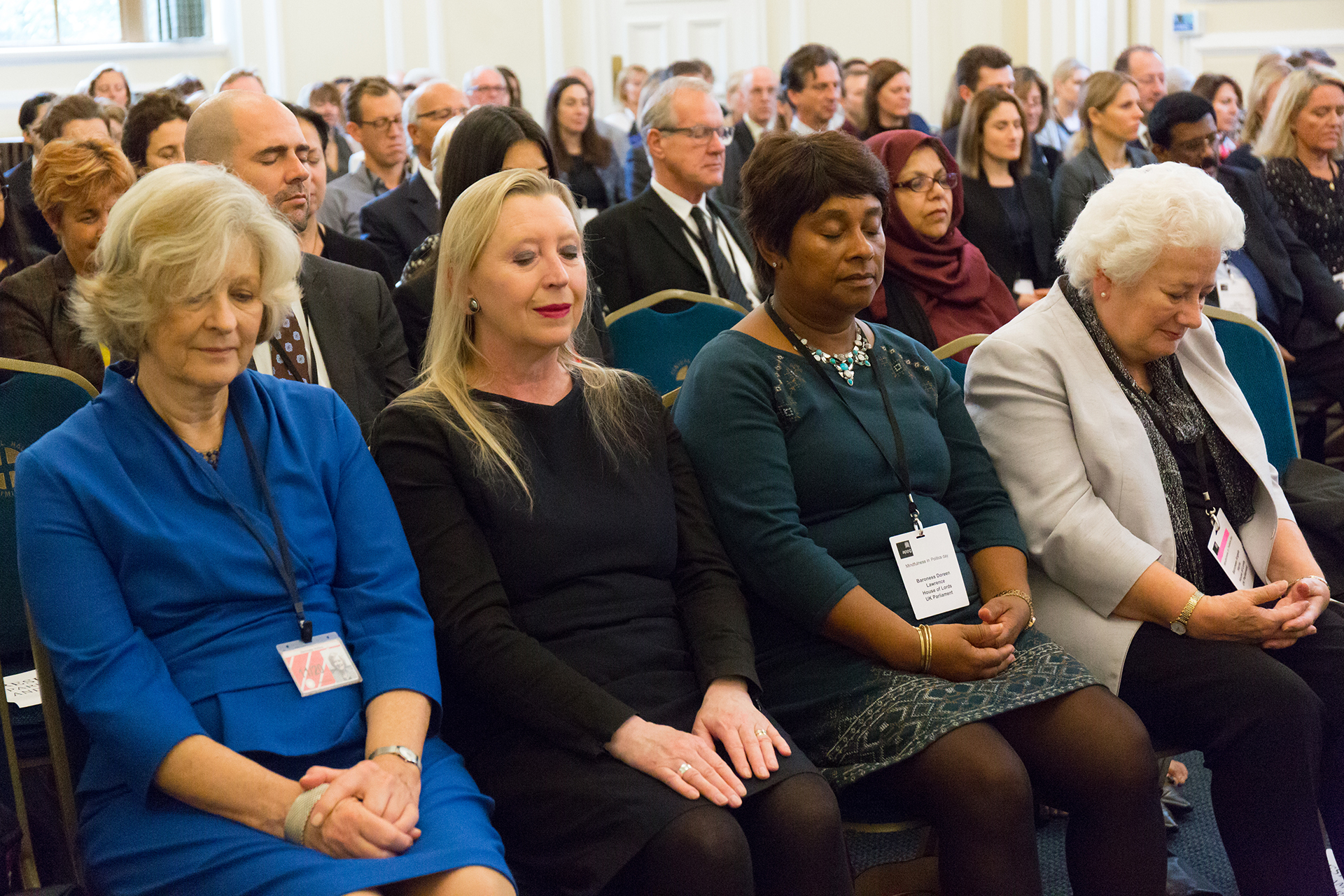In a report by the UK’s Mindfulness All-Party Parliamentary Group, mindfulness was described as “one of the most promising prevention strategies” for addressing mental health issues and encouraging the flourishing and well-being of a healthy nation. Here are some key mindful lessons from MPs who have been learning and practicing mindfulness in a heated workplace environment.
5 Mindful Lessons from MPs in the UK Parliament
1) Pay Attention to Task Switching
A politician’s day is filled with an extreme overload of information and changing tasks, requiring them to shift and navigate what takes priority. Mindfulness has proven deeply beneficial with demands on attention and prioritization, offering a greater ability to regulate attention and focus. “I found the course extremely helpful in focusing my mind, reducing stress and improving concentration,” said a parliamentarian.
2) Make Time for Real Rest and Reflection
Mindfulness has helped politicians recognize the need to take breaks, using them to relax and restore their energy. These moments of quiet and calm are important for them to reconnect with themselves and touch base with their values so they can align with their inner compass. One parliamentarian said, “Mindfulness need not be thought of only as a ‘cure’ for those in need; it also helps one to know how to…enjoy living a life of service.”
3) Transform Relationships with Self-Compassion
In the life of a politician, words and actions are analyzed immediately and often remembered for a long time via the media. The result is often a deep sense of self-criticism, which can be disabling and affect performance. Parliamentarians have found that mindfulness has helped them manage negative thoughts, and self-compassion has empowered them to recognize their humanity and show greater kindness to themselves.
4) Embrace the Power of the Pause
Using the practice of mindfulness has helped many politicians practice impulse control, implementing the skill of responding versus reacting. “Many political careers have ended due to something said impulsively,” said Jamie Bristow, “and taking a pause before responding has enabled many to think with greater compassion and thus to disagree better.”
5) Meditate Where You Work
The halls and rooms of Parliament are filled with distractions—there are the frequent sound of bells and flashes of light throughout the building, alerting politicians to come to vote—making it far from ideal for practicing mindfulness meditation. “This is exactly the place to practice mindfulness as it brings your awareness right into the business of daily living and working,” says Mark Williams. “It’s precisely why mindfulness is now done in the workplace.”
read more
How UK Politicians Are Learning to Disagree—More Agreeably
In the often heated, sometimes chaotic halls of the UK Parliament, scholars, thinkers, politicians, and policy-makers have been weaving in threads of mindfulness. The result: not a change in ideologies but a shift toward more positive and productive relationships across parties.
Read More
The Future of Mindfulness Is Up to You. Here’s What That Means
The practice of mindfulness is evolving and changing, but the heart of it stays the same: Letting our awareness guide us gently back to the present moment.
Read More
3 Important Lessons on Mindful Conversation
To perform at our best in crucial conversations, marrying mindful intentions with mindful actions helps to ensure that you can make good on your good intentions.
Read More








